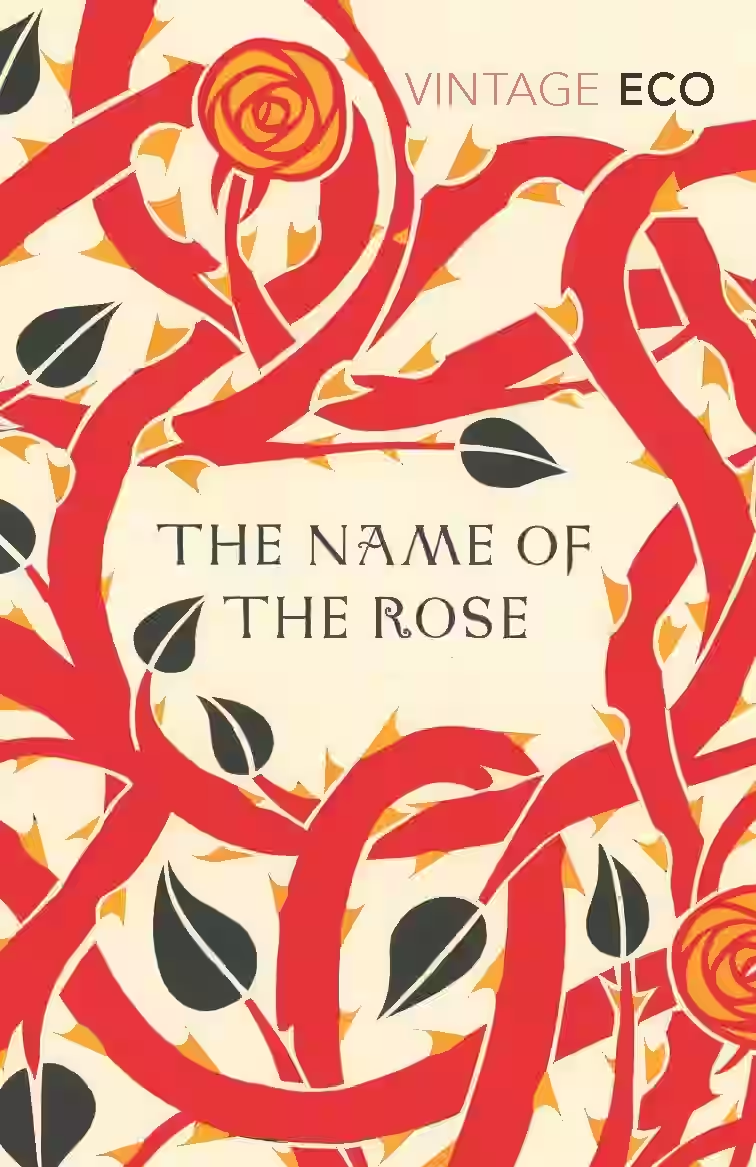
Umberto Eco's 'The Name of the Rose' is a captivating historical murder mystery set in an Italian monastery during the 14th century. The story follows the astute monk detective, Brother William of Baskerville, and his novice Adso as they investigate a series of bizarre deaths within the monastery's walls. Eco weaves together themes of religious power, politics, and the clash between reason and faith, creating a suspenseful and intellectually stimulating narrative. The intricate plot, rich historical detail, and philosophical undertones make this novel a compelling read for those interested in historical fiction and intellectual mysteries.
About Umberto Eco
Umberto Eco (1932-2016) was an Italian novelist, literary critic, and philosopher known for his profound intellect and multidisciplinary approach to literature. Born in Alessandria, Italy, Eco pursued a career in academia before gaining international fame with his debut novel, 'The Name of the Rose' (1980), a historical mystery infused with semiotics and philosophy. His intricate storytelling, blending historical fiction with intellectual depth, earned him critical acclaim and a loyal readership. Eco's works often explored the themes of conspiracy, religion, and the power of symbols. Through his writing and academic contributions, Eco left an indelible mark on contemporary literature and semiotic studies.
Other Books by Umberto Eco
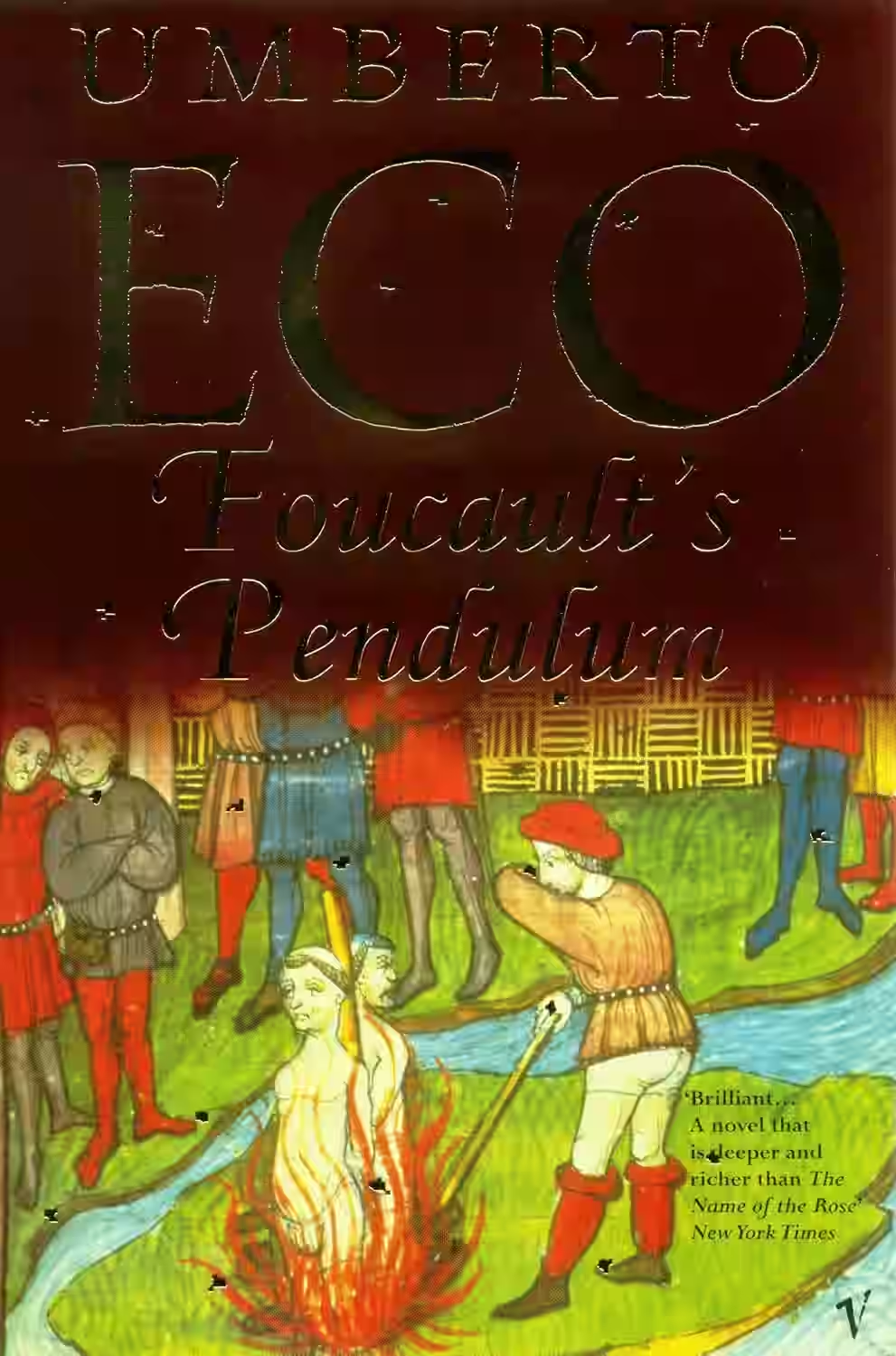
Foucault's Pendulum
by Umberto Eco
Umberto Eco's 'Foucault's Pendulum' is an intellectually stimulating novel that challenges readers with its complex narrative and intricate web of historical references. The story revolves around three Milanese publishers who, disillusioned with conventional conspiracy theories, decide to invent their own grand scheme linking the world's mysteries. Amusing at first, their creation spirals out of control, blending myth and reality in a compelling critique of the human fascination with secret knowledge. Eco's dense yet rewarding prose explores themes like the idea of meaning-making, the intricacies of human belief, and the seductive allure of connections that may not exist. The novel engages readers with its rich detail, humor, and philosophical inquiries, making it a thought-provoking masterpiece for those patient enough to delve into its labyrinthine plot.
Similar Books
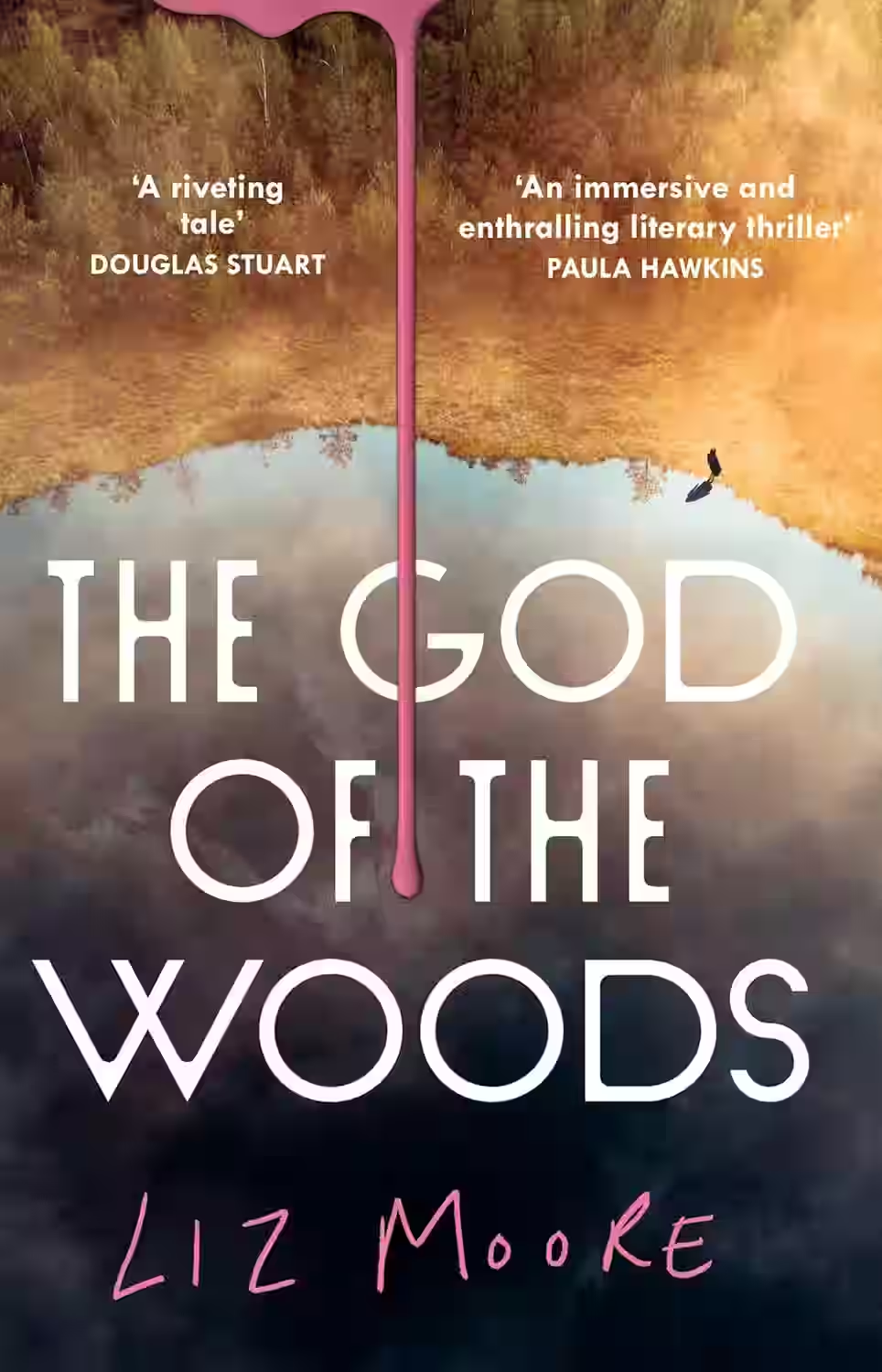
The God of the Woods
by Liz Moore
Set in the Adirondack Mountains in 1975, The God of the Woods by Liz Moore is a compelling mystery that begins with the disappearance of 13-year-old Barbara Van Laar from her summer camp. As the investigation unfolds, it delves into the hidden lives of the Van Laar family and the local community, uncovering long-held secrets and psychological tensions. Moore's narrative weaves a gripping tale of family dynamics, social class, and the haunting impact of past events, creating a suspenseful and emotionally resonant story.
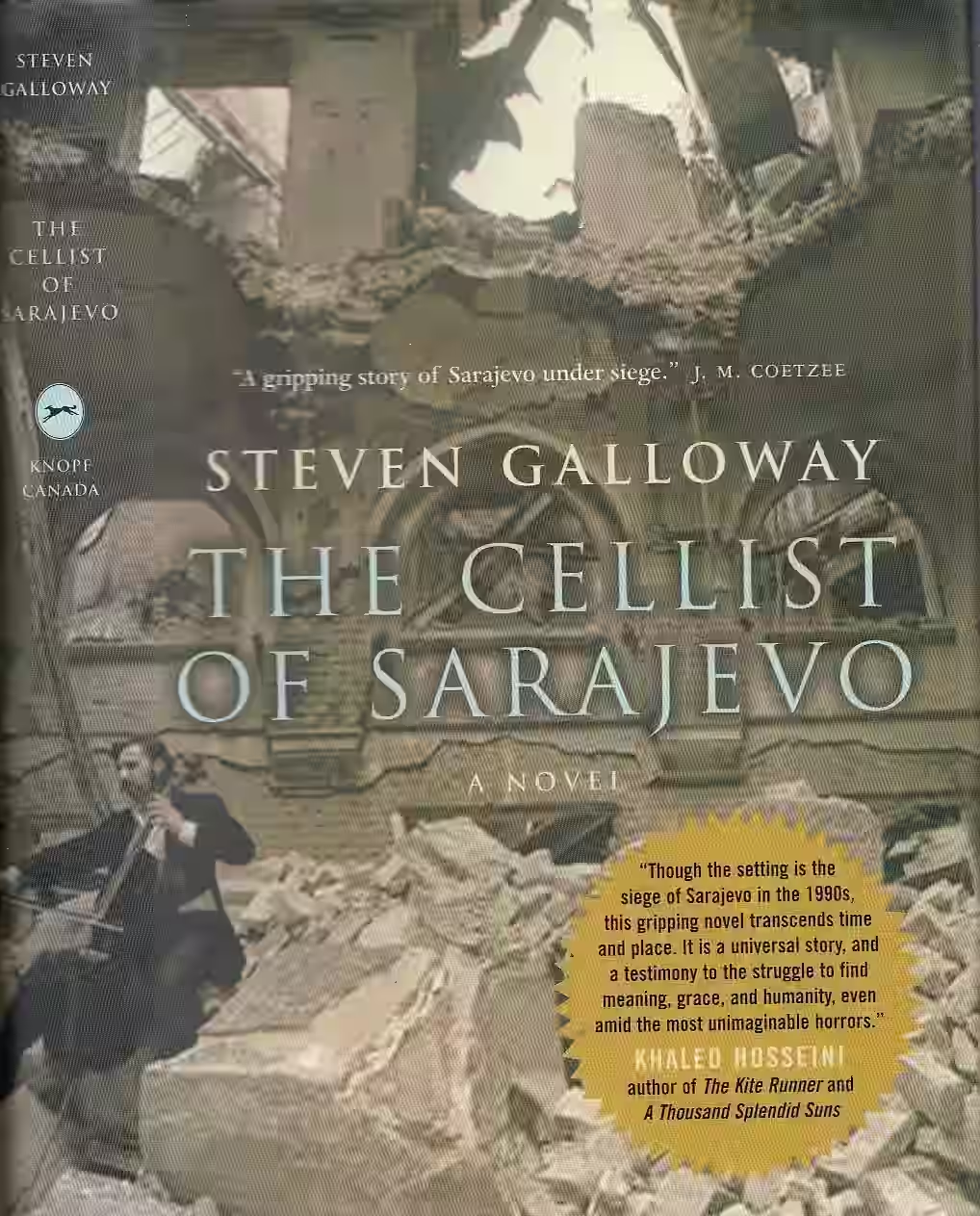
The Cellist of Sarajevo
Set during the siege of Sarajevo in the early 1990s, 'The Cellist of Sarajevo' by Steven Galloway is a poignant exploration of life under siege. The novel interweaves the lives of three characters—Dragan, Kenan, and Arrow—each struggling to preserve their humanity amidst the chaos of war. Their stories orbit around the figure of a cellist, who plays Albinoni's Adagio in the streets to commemorate the lives lost to a mortar attack. Galloway deftly captures the resilience of the human spirit, the impact of art in times of despair, and the simple acts of courage that shine through the shadows of conflict. The book's haunting prose and meditative tone create an indelible reflection on the moral choices faced in brutal circumstances.
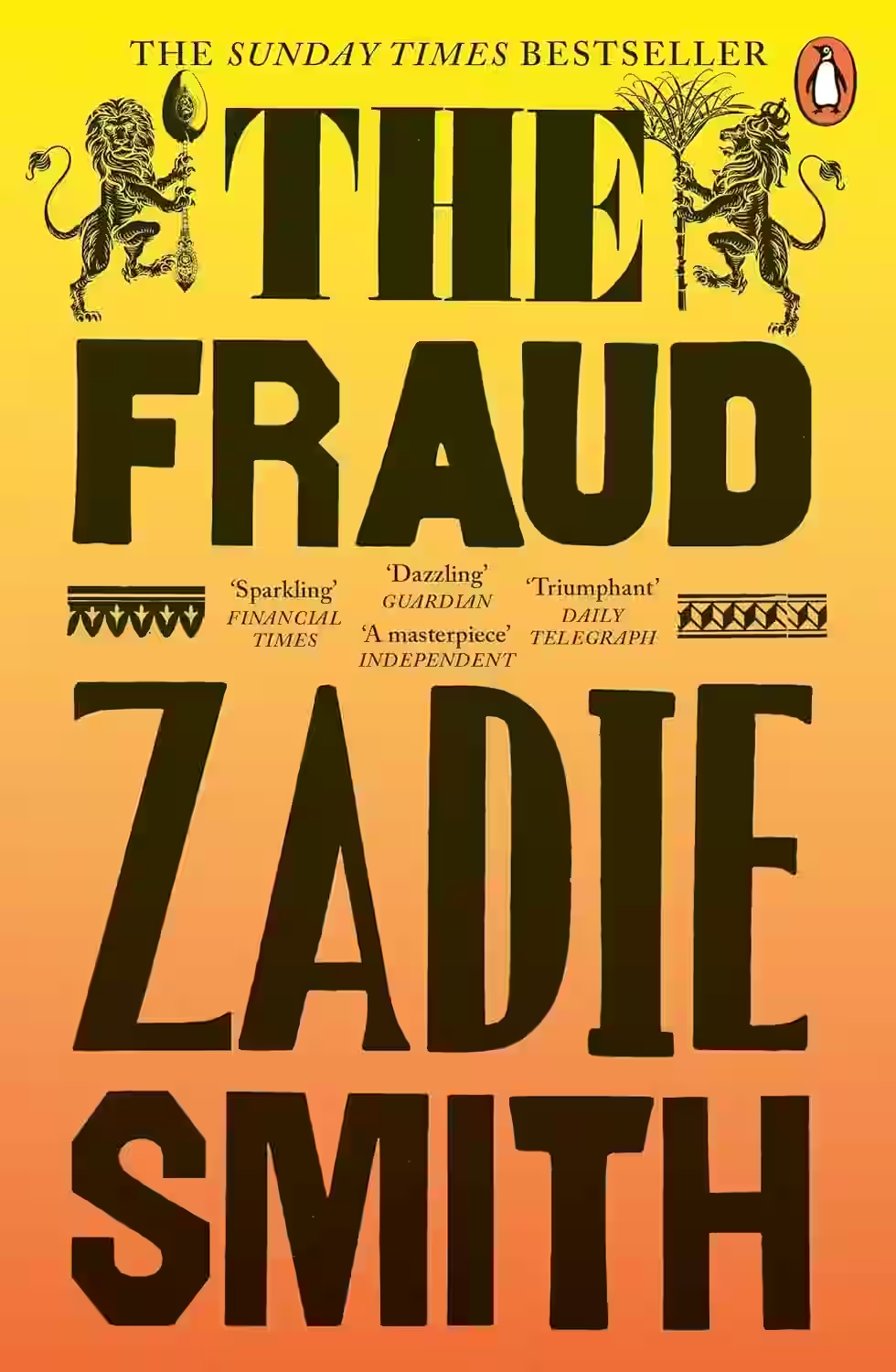
The Fraud
by Zadie Smith
Set in 19th-century London, The Fraud reimagines the Tichborne Trial—a real-life Victorian scandal—as a lens through which to examine truth, authorship, and identity. At the story’s center is Eliza Touchet, housekeeper and cousin to novelist William Ainsworth, who becomes entangled in the trial of a butcher claiming to be a long-lost aristocrat. Through Eliza’s sharp observations and moral grappling, Zadie Smith interrogates class, empire, race, and the shifting lines between fact and fiction. With her signature wit and depth, Smith crafts a historical novel that feels urgently modern, revealing the social and literary frauds that still echo today.
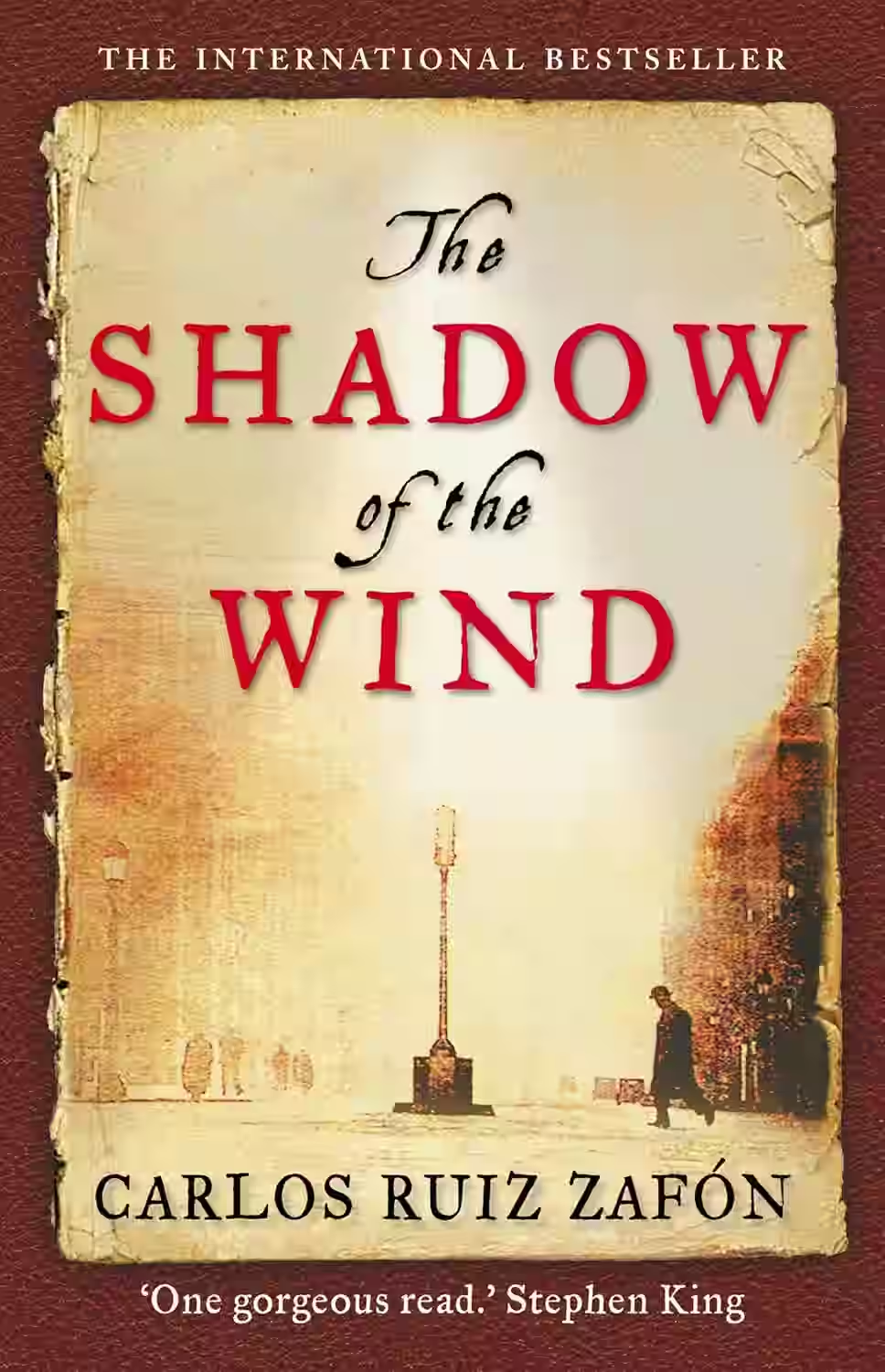
The Shadow of the Wind
Series: The Cemetery of Forgotten Books (#1)
In post-Civil War Barcelona, young Daniel is introduced to a mysterious book that will change his life forever. When he tries to find other works by the author, he discovers a dark mystery involving a disfigured man who has been systematically destroying every copy of every book the author has written. Daniel's investigation pulls him into a story of murder, madness, and doomed love.